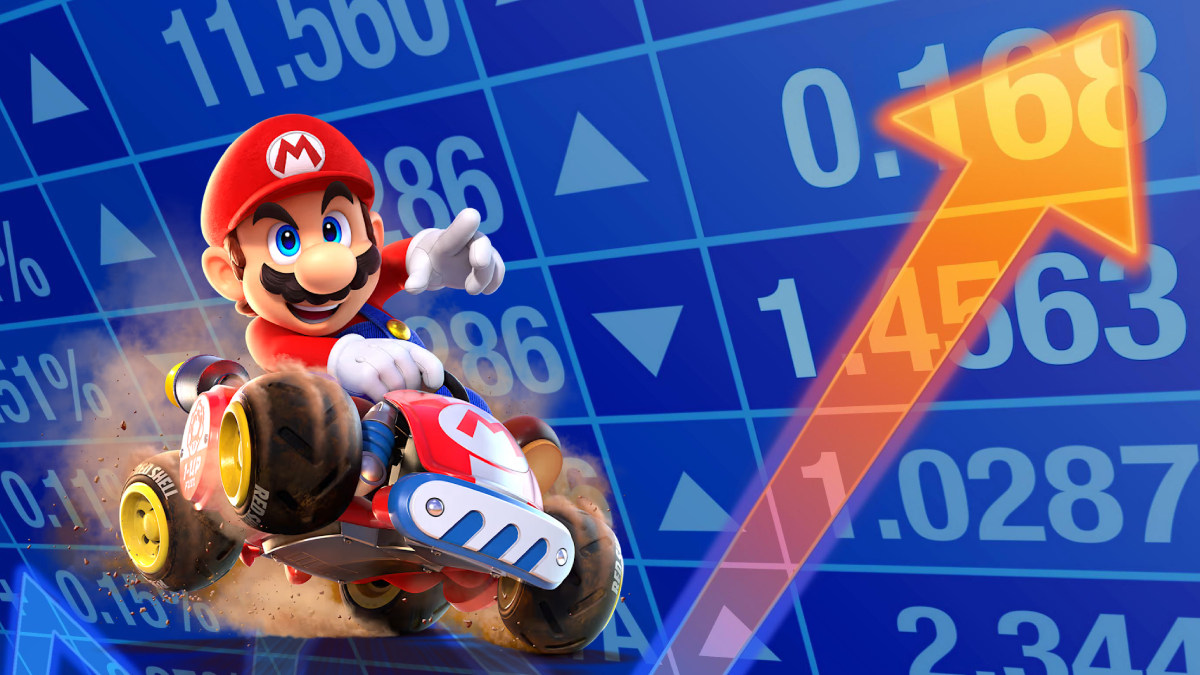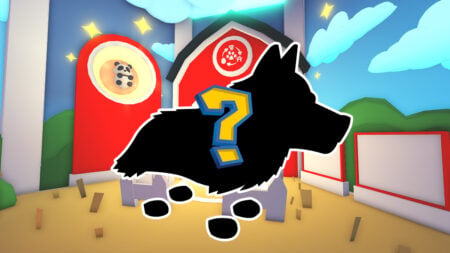Just a few days after US President Donald Trump imposed one of his promised tariffs, the gaming industry was quickly hit with some serious financial repercussions. Most AAA Japanese game companies, such as Sony, Nintendo, Koei Tecmo, CAPCOM, and even Bandai Namco, have each lost anywhere from 7-10% of their stock price.
Trump notably imposed a 10 percent tariff on all countries on April 5 and will also impose an individualized higher tariff on specific countries on April 9. Due to the multiple tariffs, Japanese video game and gaming hardware companies that have seen much success in the US are dropping in value.
Sony was the most affected, losing 10 percent of its market value in just one season, while Nintendo was also largely affected, with its stock price dropping by 7.85 percent. For Nintendo, however, the effect of the tariff could be much worse since it was poised to start the Nintendo Switch 2 preorder on April 9; Nintendo has since delayed the Switch 2 preorder to adjust the pricing because of the impending April 9 tariff.
Other popular video game publishers and developers, such as Koei Tecmo, Bandai Namco, and CAPCOM, have lost 7.63%, 7.37%, and 7.29% of their stock prices, respectively, thanks to WCCFTech’s data. In layman’s terms, the stock price drop for publicly traded companies means investors are becoming less confident in their investments. Ultimately, this translates to lower financial security for the companies.
Many investors could be concerned that the tariffs could increase the pricing of foreign companies’ products, such as the console units themselves, making them less affordable and leading to lower profits for the companies. The stock price drop could also worsen come April 9 once the Trump administration has further imposed its individualized tariffs.
The Gaming Community Might Look for Cheaper Alternatives
Sadly, the new Trump tariffs could significantly (and unreasonably) increase the price of the once-affordable PlayStation and Switch consoles. The PS5 Pro, for example, could easily reach midrange gaming PC prices ($1,000), nullifying console gaming’s biggest advantage over the PC platform.
Hence, it’s understandable why some consumers and gamers would choose the more economically viable option. PC gaming is becoming increasingly popular, after all, and Sony even took notice of this when it imposed a PSN requirement for its most popular PlayStation game of 2024.
Some gamers might even choose the Steam Deck over the Nintendo Switch 2 for handheld gaming, depending on how Nintendo responds to the April 9 tariff, as noted by certain Redditors:
“I love console gaming. This is going to price me out of gaming for PlayStation games and Nintendo games. The price going up for less was already getting me there now, I just don’t want to buy, or care if the prices ever come down after this.
I feel like it’s exactly what they want. I don’t care enough about games to work more to afford it. That steam deck is looking real nice right now,” according to Redditor xHolo01x







